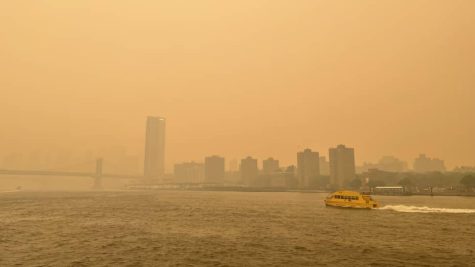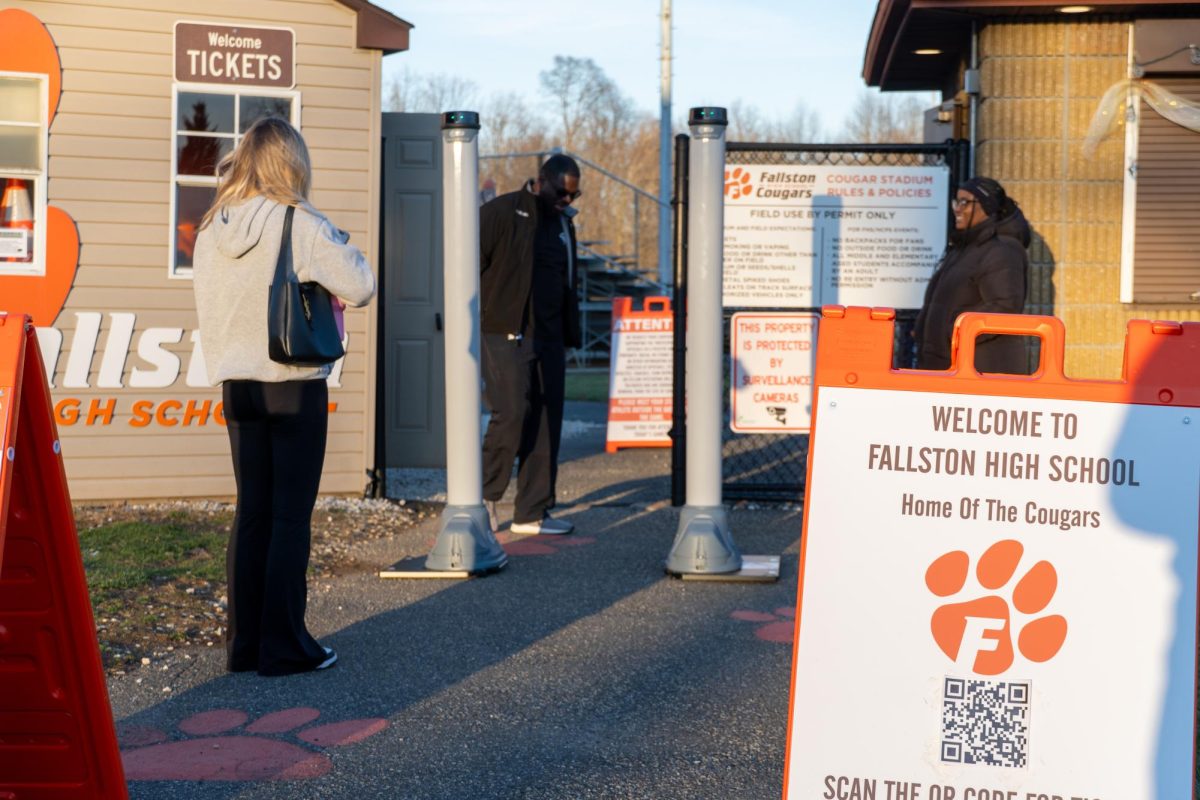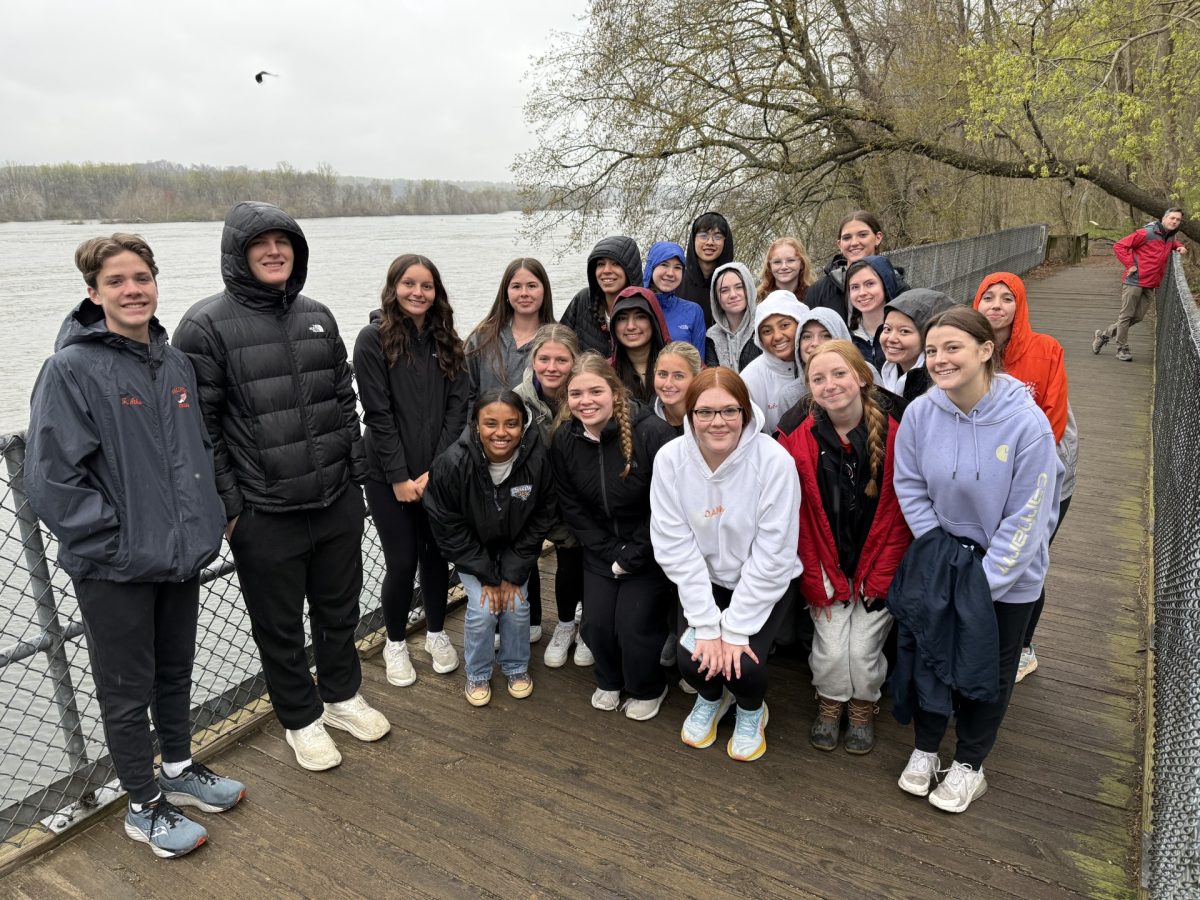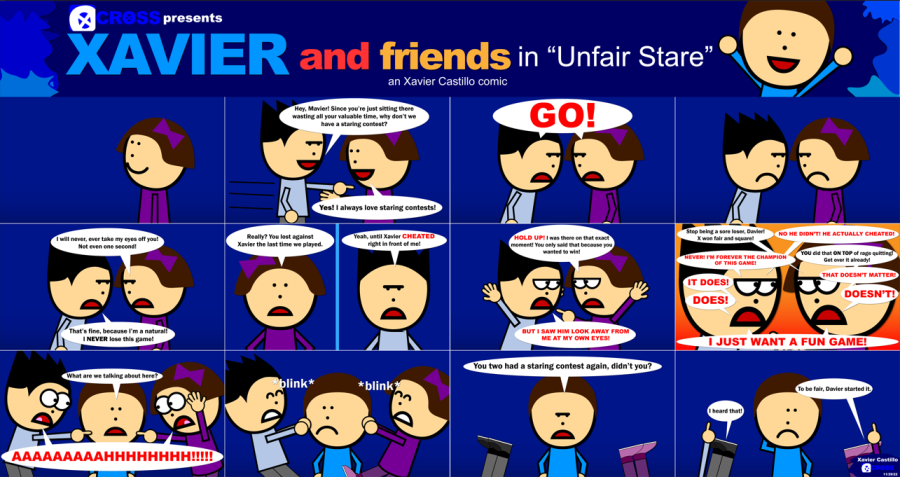Millions Affected by Hazardous Air Quality Along the East Coast
June 8, 2023
All over the east coast, more than a dozen U.S. states have been affected by unhealthy air quality from the Canadian wildfire smoke. These Canadian wildfires have been burning since the beginning of March, raging specifically on the provinces of Quebec and Nova Scotia. As of Tuesday evening, there was said to be around 414 wildfires burning, 239 of which are considered to be “out of control.” “Canadian officials asked other countries for additional help fighting more than 400 blazes nationwide that already have displaced 20,000 people,” said AP News.
The air quality is worsening by the minute, and on a scale of 0-500, Fallston was at 273 as of Thursday, June 8, at 7:00 a.m. New York City was in the thick of it yesterday, Wednesday, June 8, hitting the worst recorded air quality levels since the 1960s. Philadelphia has been forced to go into a “code red,” grounding flights and canceling sporting events.
“The air was acrid and skylines looked orange,” said ABC News. “About 128 million people were under air quality alerts because of wildfire smoke and ozone in the U.S. on Wednesday night. For smoke alone, around 100 million were under alerts across 16 states.”

Though the United States is used to having some amounts of smoke in its atmosphere, it is unusual that the smoke is so low it affects people’s health. “Air-quality alerts are triggered by a number of factors, including the detection of fine-particle pollution – known as “PM 2.5” – which can irritate the lungs,” said The Guardian.
As the wind pushes the smoke father south, air quality is expected to get better within the next few days. Officials are warning specialty groups, like children and the elderly, to either limit exposure or stay indoors. Many are wondering if climate change is to blame for not only wildfires, but the smoke affecting millions as well. Though none of the wildfires can be directly linked to climate change, scientists are predicting that “wildfires will become more frequent and intense in [the] future because of the combined effects of land use and climate change,” said BBC News.




































